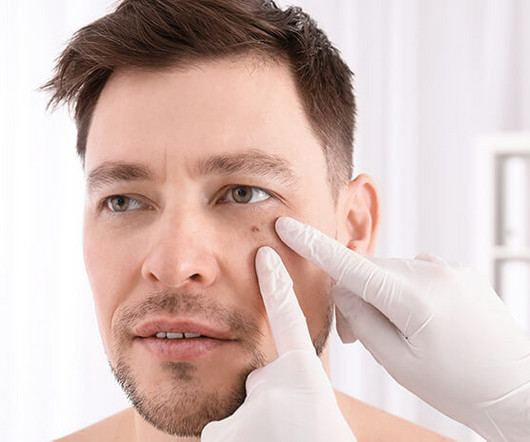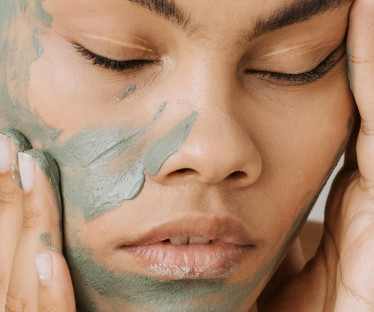Mohs Surgery and Scarring: Tips for Minimizing Post-Procedure Scars
West Lake Dermatology
MARCH 31, 2025
Mohs surgery is a highly effective procedure for treating skin cancer. This blog post will provide comprehensive tips and strategies to help you minimize the appearance of scars after undergoing Mohs surgery. Immediate Post-Surgery Care Proper post-operative care is the foundation of successful healing and minimizing scarring.












Let's personalize your content